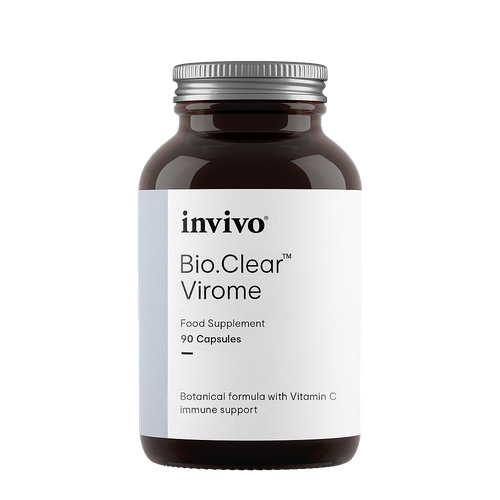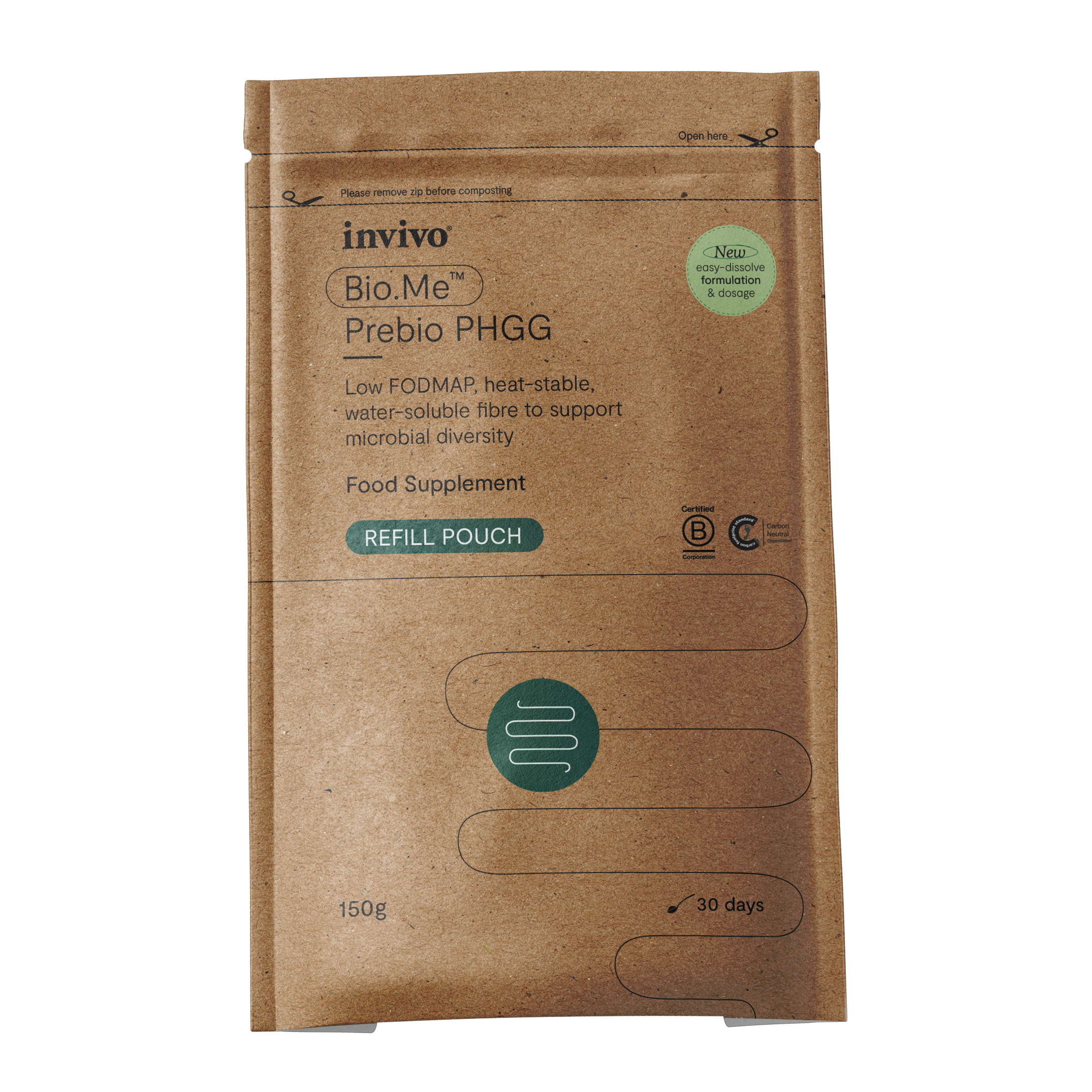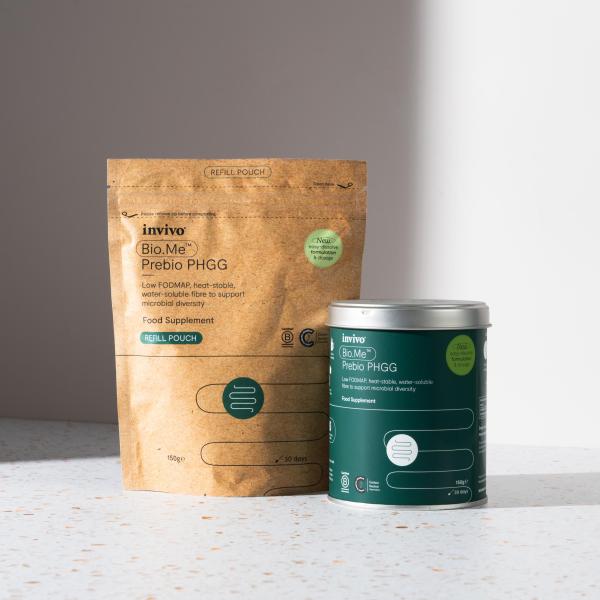Prevention is the daughter of intelligence.
Walter Raleigh
The COVID-19 pandemic has brought to the forefront the critical importance of preventive health support, not least to reduce the toll on our personal lives1 and reduce the burden on immensely strained healthcare systems around the world.
When it comes to reducing our risk of infection, it is essential to prioritise strengthening our first line of defence, the mucosal immune system, within the context of a big picture, ecosystem approach to supporting immunity. Russell et al (2020) highlighted how mucosal immunity is a neglected yet significant aspect of the jigsaw puzzle of tackling the COVID-19 pandemic and we could not agree more2. In this article, we explore this crucial aspect of immunity, with a particular focus on how secretory immunoglobulin A (SIgA) provides a window into the strength of our mucosal immune system, which can pave the way for targeted natural interventions which help to improve overall immune resilience.
Secretory IgA: Our Immunological Gatekeeper
One of our earliest points of contact with a potential pathogen, whether a bacteria, virus, parasite, or fungus, is our mucosal barrier, the layer of mucus which covers the epithelial lining of our oral cavity and gastrointestinal, reproductive, and respiratory tracts. Various factors regulate the health of this vital barrier. The glycoprotein, mucin, provides the thick, gelatinous structure which underpins its function as a physical barrier. Our ability to produce a sufficient quantity of mucins is largely dependent on the diversity and abundance of the microbiome which sits on top of it, such as a decent colony of Akkermansia muciniphila when it comes to the gut3. The protective function of this mucus layer also relies on the presence of a whole raft of host-defence peptides. These include immunoglobulins (antibodies) such as SIgA mentioned above, which is the most abundant immunoglobulin on our mucosal surfaces, and human beta-defensins (HBDs)4.
When the mucus layer of the gastrointestinal and respiratory tract, for example, is packed with these immunological comrades, we have a strong first line of defence against ingested and inhaled pathogens. When our mucosal immune system detects a possible threat, it will attempt to clear them at source before they have a chance to cause a problem through a process known as immune exclusion. SIgA has a vital role to play in this, principally through its ability to entrap pathogens and facilitate their swift removal in the mucus stream and inhibit their ability to adhere to and invade epithelial cells. Essentially, it plays a formative role in preventing pathogen colonisation and invasion in these different parts of the body and thus, reduces their ability to cause infection5,6.
SIgA goes one step further. It also helps to ensure that our immune system tolerates our symbiotic commensal bacteria, for example by ‘tagging’ them as safe, as seen in studies with Bacteroides thetaiotaomicron7. This then provides further benefit for the strength and balance of the immune system. For example, animal studies indicate that Paneth cells in the gut may be stimulated to produce anti-bacterial proteins (e.g. angiogenin 4) in the presence of Bacteroides thetaiotaomicron8.
In many respects, SIgA has evolved to become our ‘immunological gatekeeper’ and optimising our capacity to produce it, alongside the other essential components of the mucosal barrier, is an important goal when working to improve immune resilience and balance. Better still, SIgA is one of the most readily tested biomarkers of mucosal immunity, usually from a salivary or stool sample, and is a powerful tool for assessing an individual’s immune resilience.
The Problem of Low SIgA
All too often our mucosal immunity is compromised. Emotional and physical stress, for example, can deplete the amount of SIgA present in our mucosal barriers, which in turn, can increase our risk of infection9,10. As such, SIgA depletion is one of many ways in which stress drives low immunity11. This established research finding has special significance these days given the growing global prevalence of poor mental health due to the COVID-19 pandemic. Common clinical indicators of compromised mucosal immunity, include:•
- History of significant emotional and/or physical stress (such as bereavement, severe infection and injury, overtraining, demanding job)
- Slow recovery from an infection
- Recurrent infections
In addition to looking out for these clinical indicators, testing an individual’s SIgA status is an important clinical tool to ascertain exactly what level of support they require to optimise their mucosal immunity. A comprehensive private stool test is a great choice as it will test SIgA within the context of other markers relevant for assessing the strength and balance of the immune system, including human-beta-defensin-2 (HBD-2), calprotectin (localised marker of inflammation in the bowel), and the abundance of bacteria that supports the function of the mucosal barrier, such as Akkermansia spp.12, or have a negative effect on it when they are too abundant, such as Ruminococcus gnavus and –torques13. When such a test is conducted, it enables the clinician to ascertain exactly what level and what kind of support an individual requires.
How to Improve Your Mucosal Immunity
- Increase intake of key micronutrients, such as vitamin A which helps to transport SIgA across the mucosal barrier14 and zinc which supports the production of antibacterial peptides by Paneth cells, as well as the integrity of the underlying epithelial barrier for an extra layer of support15.
- Increase intake of mucilaginous botanicals, such as prickly pear (Opuntia ficus-indica), which help to physically protect and promote healing of our gastrointestinal mucosal surface16, alongside complementary natural measures such as alcohol reduction given the capacity of alcohol to drive mucosal damage17. Preliminary research from in vitro studies indicates that quercetin might confer additional benefit by helping to up-regulate mucin production18.
- Nurture your commensal gut microbiome using prebiotic fibres such as PHGG and GOS and polyphenols and probiotics given its essential role in the regulation of mucosal immunity19. For instance, Lactobacillus spp. and Bifidobacterium spp. help to keep the mucosal barrier gently primed and ready for action by stimulating host SIgA production6. Increasing the abundance of Bifidobacterium in the gut using galactoligosaccharide (GOS) supplementation has thus been shown to be an important tool for modulating the immune system20. Meanwhile, polyphenols from pomegranate can stimulate the growth of Akkermansia spp. which confers additional protection for the mucosal barrier21. A murine model has indicated that fucoidans, a type of polysaccharide present in brown seaweed, can also have a beneficial effect on intestinal Akkermansia spp. colonies22.
- If shown to have low SIgA, or if it is highly likely given the aforementioned risk factors, supplementation with the probiotic yeast Saccharomyces boulardii can be helpful given its ability to stimulate SIgA production in the gut according to animal studies23. A protective benefit for gut immunity has translated over into human clinical trials using S. boulardii, with notable benefits for preventing antibiotic-associated diarrhoea through its inhibitory effect on the intestinal growth of pathogens24.
- When an individual has pronounced low immunity, colostrum supplementation can prove beneficial since it provides a wide range of pre-formed immune molecules, such as immunoglobulins and lactoferrin, acts as a prebiotic for Lactobacillus spp. and Bifidobacterium spp., and supports gut epithelial barrier integrity25. Human clinical trials have shown that colostrum supplementation can help to conserve SIgA and gut barrier function in athletes26. This research highlights the potential of colostrum to improve immune resilience in the face of physical stress in general. It is important to choose an organic colostrum derived from highly ethical producers who prioritise animal welfare and happiness.
- Prioritise stress management and sleep hygiene to reduce the strain on the nervous system and thus, the immune system, notably through its protective effect on mucosal immunity. Herbs such as lemon balm and chamomile can be helpful27, alongside reduced caffeine intake, increased daylight exposure, and deep breathing practices.
Natural interventions for optimising mucosal immunity, ideally guided by stool testing, deserve to have pride of place in every plan to improve immunity. This is an important strategy for helping our immune system to adapt better to the challenges of the modern world and to stay resilient in the face of pathogenic threats.




